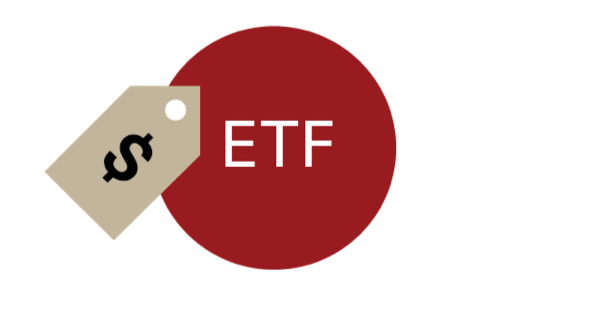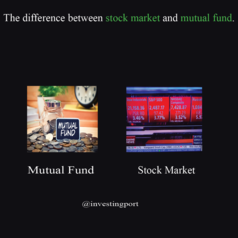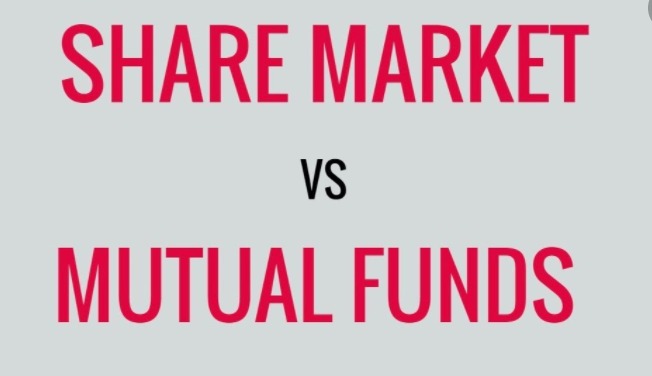
Interval Funds
What is an Interval Fund? An Interval Fund is a type of closed-end fund which provides investors with liquidity at predetermined intervals, usually quarterly, semiannually, or annually. ...

What is an Interval Fund? An Interval Fund is a type of closed-end fund which provides investors with liquidity at predetermined intervals, usually quarterly, semiannually, or annually. ...

The operational and administration costs for running a mutual fund are measured by the expense ratio, which is a percentage calculated on the assets managed by the fund. A mutual fund that doesn'...

A mutual fund is a form of financial vehicle that invests in securities such as stocks, bonds, money market instruments, and other assets by pooling money from multiple investors.Professional money ma...

To trade stocks and other investments like mutual funds and ETFs in the United States, you must be at least 18 years old. A person of legal age, on the other hand, can open a custodial account for the...

There are different ways to increase wealth and investing is one of them. The stock market also offers a great opportunity for wealth creation for those interested in the market.Though a lot of people...

A mutual fund is an open-end investment fund that has the responsibility of pooling money together from many investors to purchase a security or securities. It can also be said to be a collection of s...

Key PointsETFs encompasses multiple investment vehicles such as stocks, bonds, commodities or a combination of all in a single basketIt offers both the trading benefits of stocks and diversification b...

When considering mutual funds in a time like this, there are key requirements to look out for, such as low expenses, diversification, balance of assets, and defensive sectors. The year, 2020, has so f...

A few people do not quite understand the difference between stock and mutual funds, and therefore, often get it all mixed up. Stock market investing means an investor is directly investing in the stoc...

There are different types of investors— large-scale and small-scale investors. As a result of the nature of each type of investors different investment vehicles have been created to suit their deman...